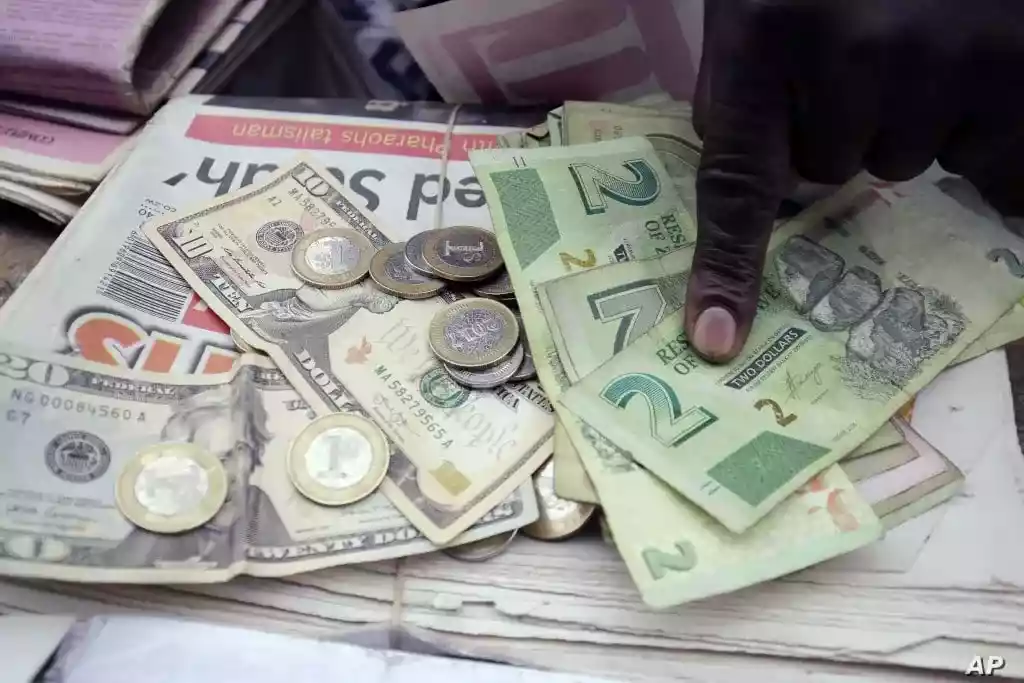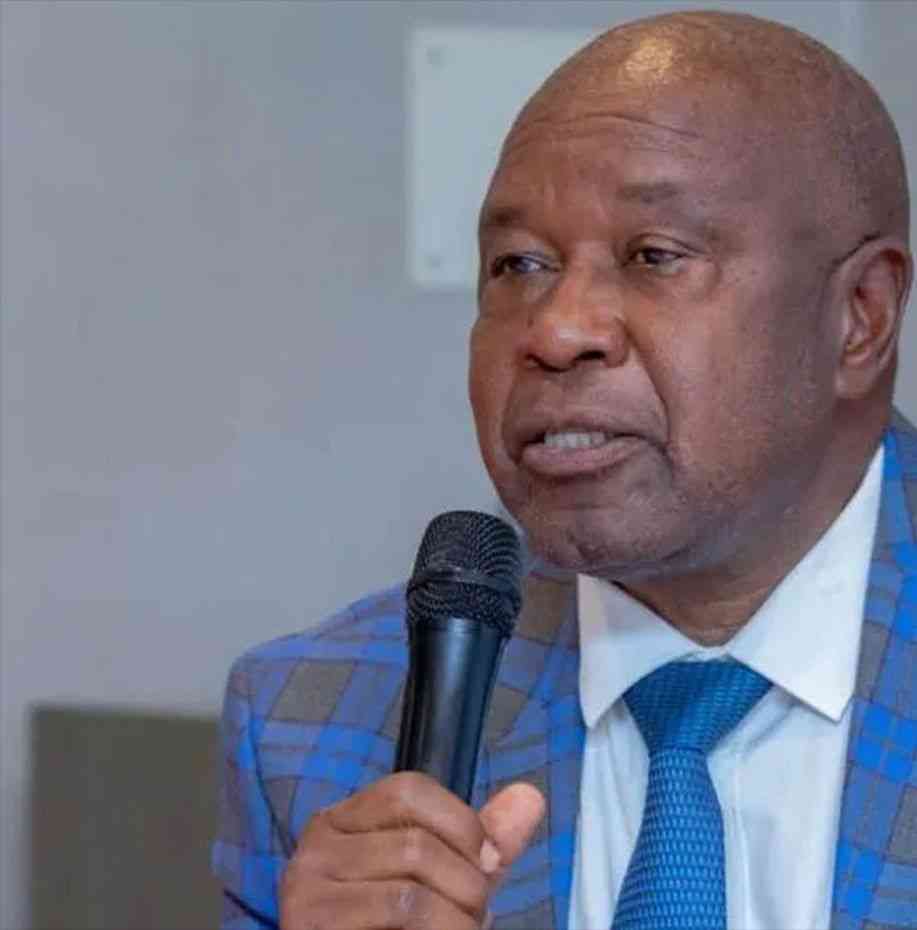
FOR far too long, Zimbabwe has been struggling with a monetary crisis. Numerous lives have been lost as a result, and many businesses are having difficulty surviving; some have even had to close.
The origins of the currency crisis may be traced back to the days of fixed exchange rates and foreign currency shortages since the country's independence. In the 2000s, there was a sharp decline in value and numerous currency denominations, which led to hyperinflation and dollarisation of the economy in 2009.
The government has significantly altered the currency environment since 2009, which is bad for the economy. For instance, the government reintroduced the Zimbabwe dollar as the country’s functional currency in February 2019 through Statutory Instrument (SI) 33 of 2019, followed by the promulgation of SI 185 of 2020, which reintroduced the use of foreign currency for domestic transactions.
Listed businesses, such as Innscor Africa and National Foods Holdings claim that these changes have led to a great deal of uncertainty in the way taxes are handled throughout the economy.
This uncertainty has also been exacerbated by a lack of clear administrative and statutory guidance, as well as workable transitional measures from the tax authorities. According to the corporations, different interpretations of tax law exist throughout the nation as a result of the phrasing of the current tax legislation.
Over time, they admitted, it has become apparent that their interpretation of the law regarding the currency of settlement for taxes, as well as the methodology for tax computation, differed from that of the authorities. This has resulted in a number of uncertainties in their tax positions. When Zimbabwe abandoned the hyperinflation-damaged Zimbabwean currency in 2009 and switched to a foreign exchange basket that included the US dollar, a large number of policyholders and pensioners lost a lot of money in the conversion process.
According to the International Monetary Fund, hyperinflation surged to a record 500 billion percent in 2008, severely undermining the assets of pension funds. Since then, there has been a lack of faith in the banking sector as the public is afraid that what transpired then may happen again. The coming in of the New Dispensation, led by President Emmerson Mnangagwa, has not made things any better either. The majority of people are required to use money they do not earn to pay for services or make purchases from businesses.
What sort of nation is this? How can people even save for the future?
- Mavhunga puts DeMbare into Chibuku quarterfinals
- Bulls to charge into Zimbabwe gold stocks
- Ndiraya concerned as goals dry up
- Letters: How solar power is transforming African farms
Keep Reading
We hope that the long anticipated Monetary Policy Statement will resolve Zimbabwe's currency crisis. We have had enough suffering.
We urge the monetary and fiscal authorities to finally address the underlying causes of the currency crisis. These consist of excessive monetary expansion, fiscal and balance of payments deficits, and a mix of poor macroeconomic policy. The government should encourage industrialisation as well by developing the appropriate policies.
Otherwise, it would be challenging to maintain the local currency without industry productivity. Currently, South Africa and other countries use Zimbabwe as a market.






